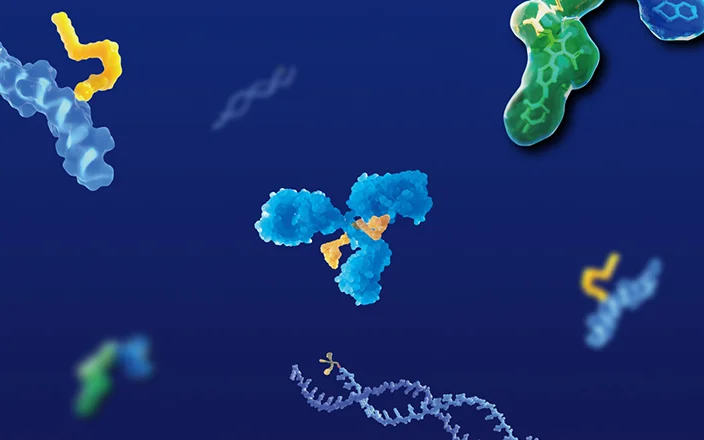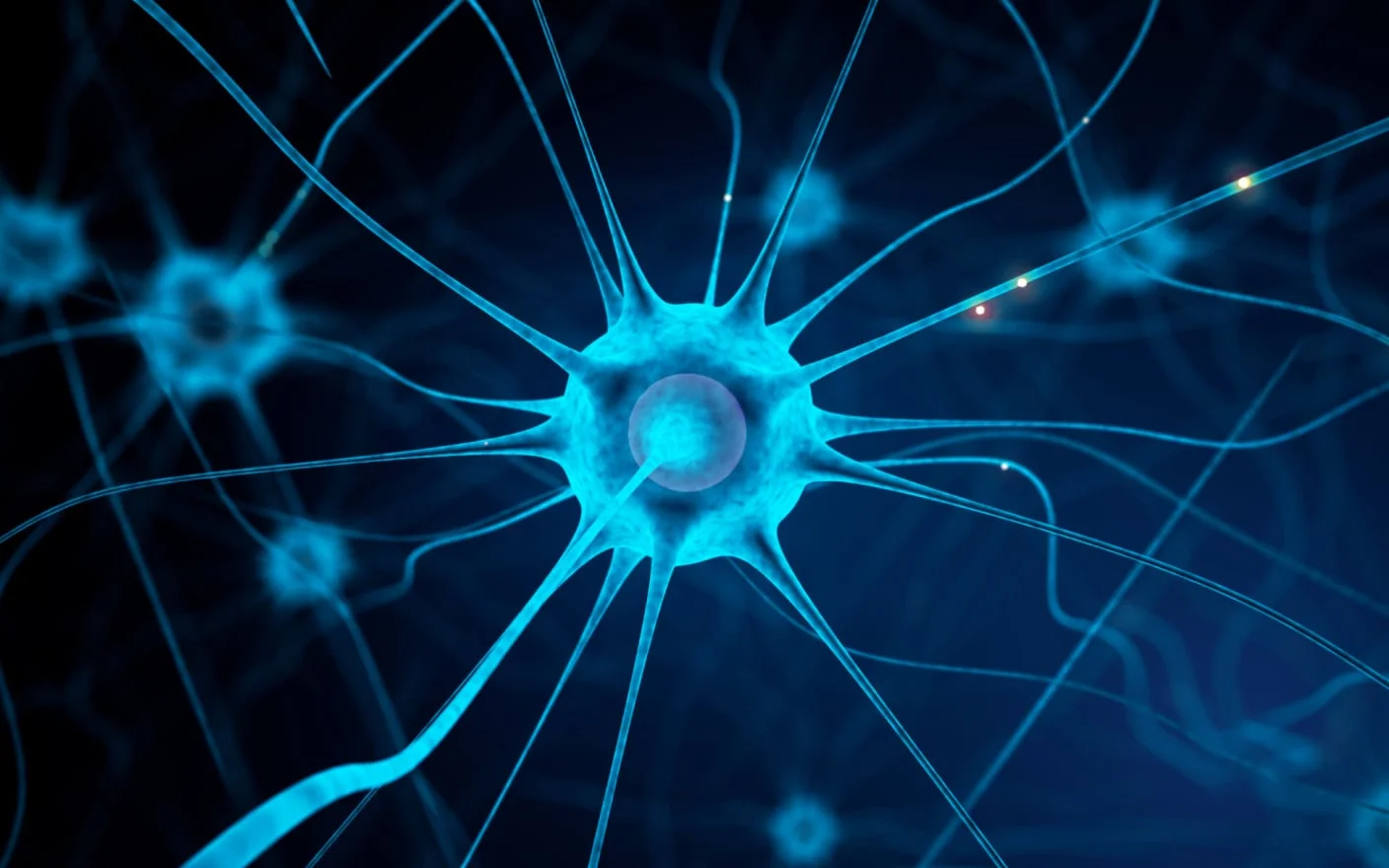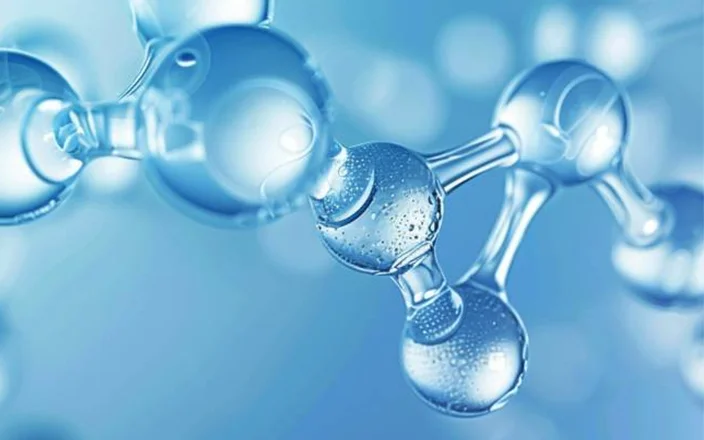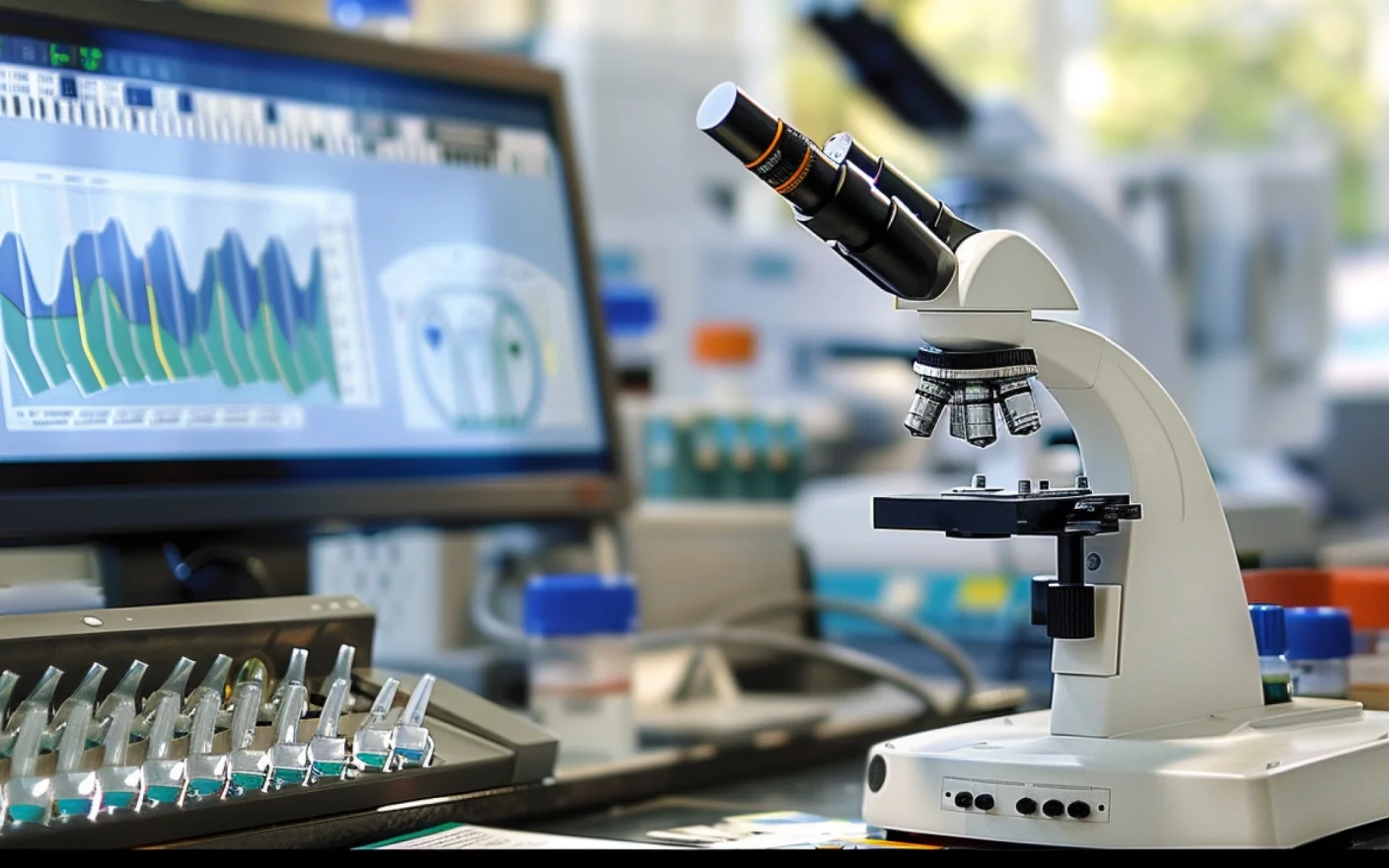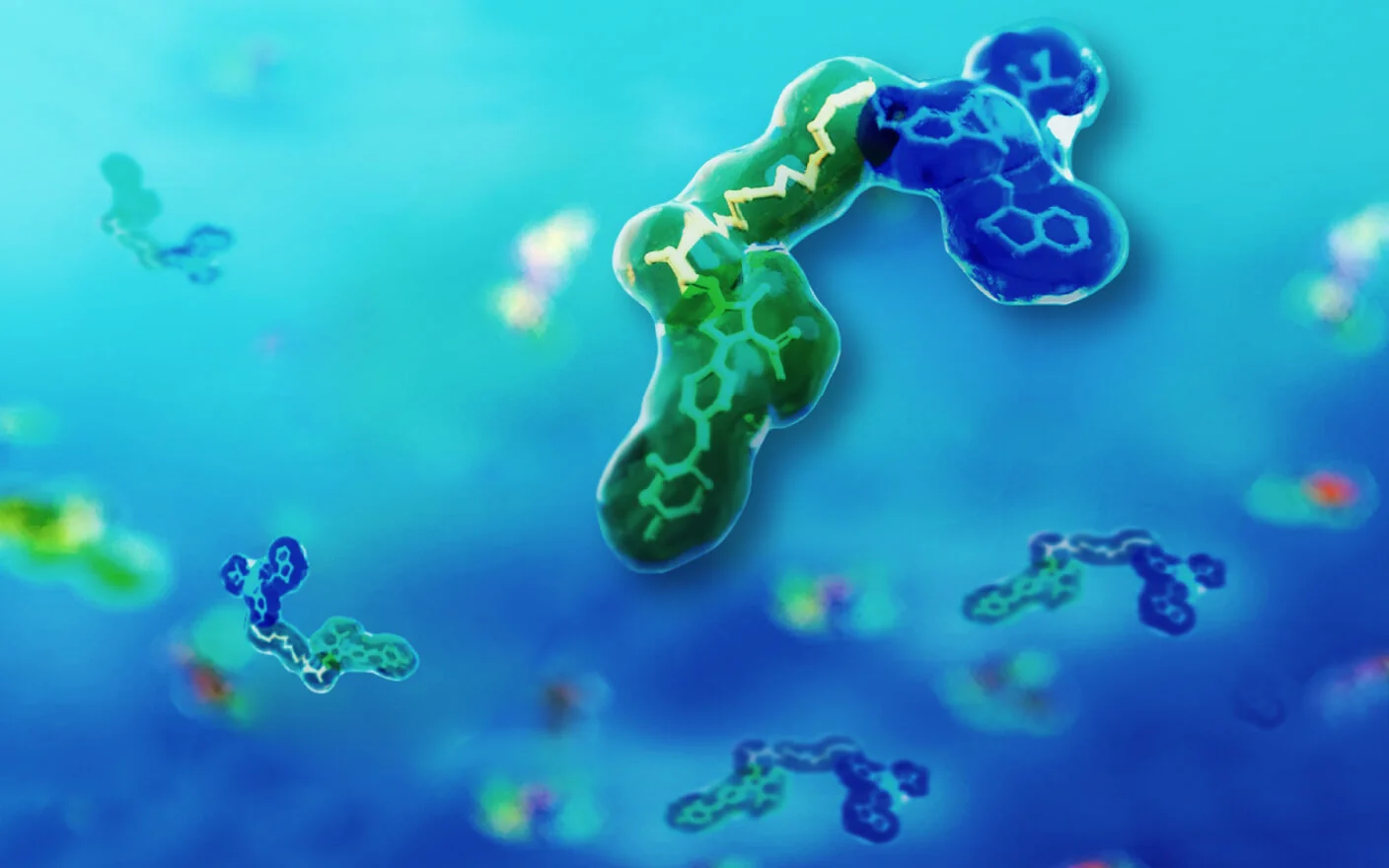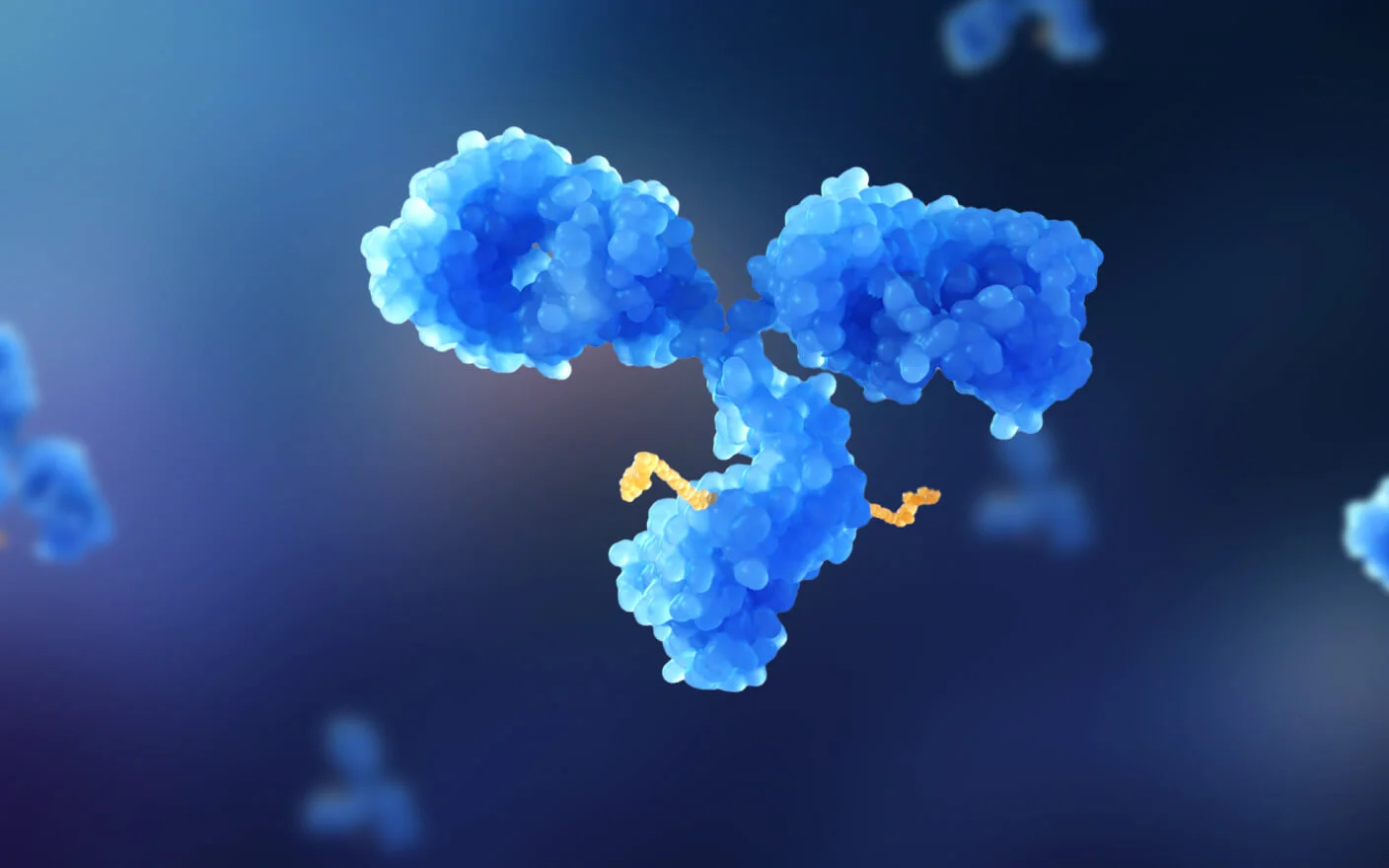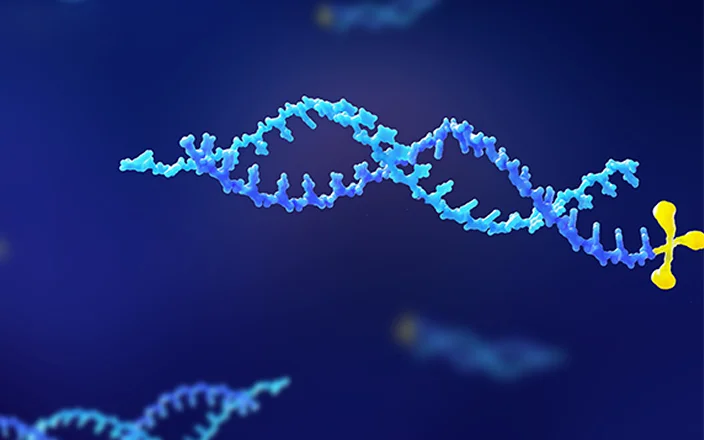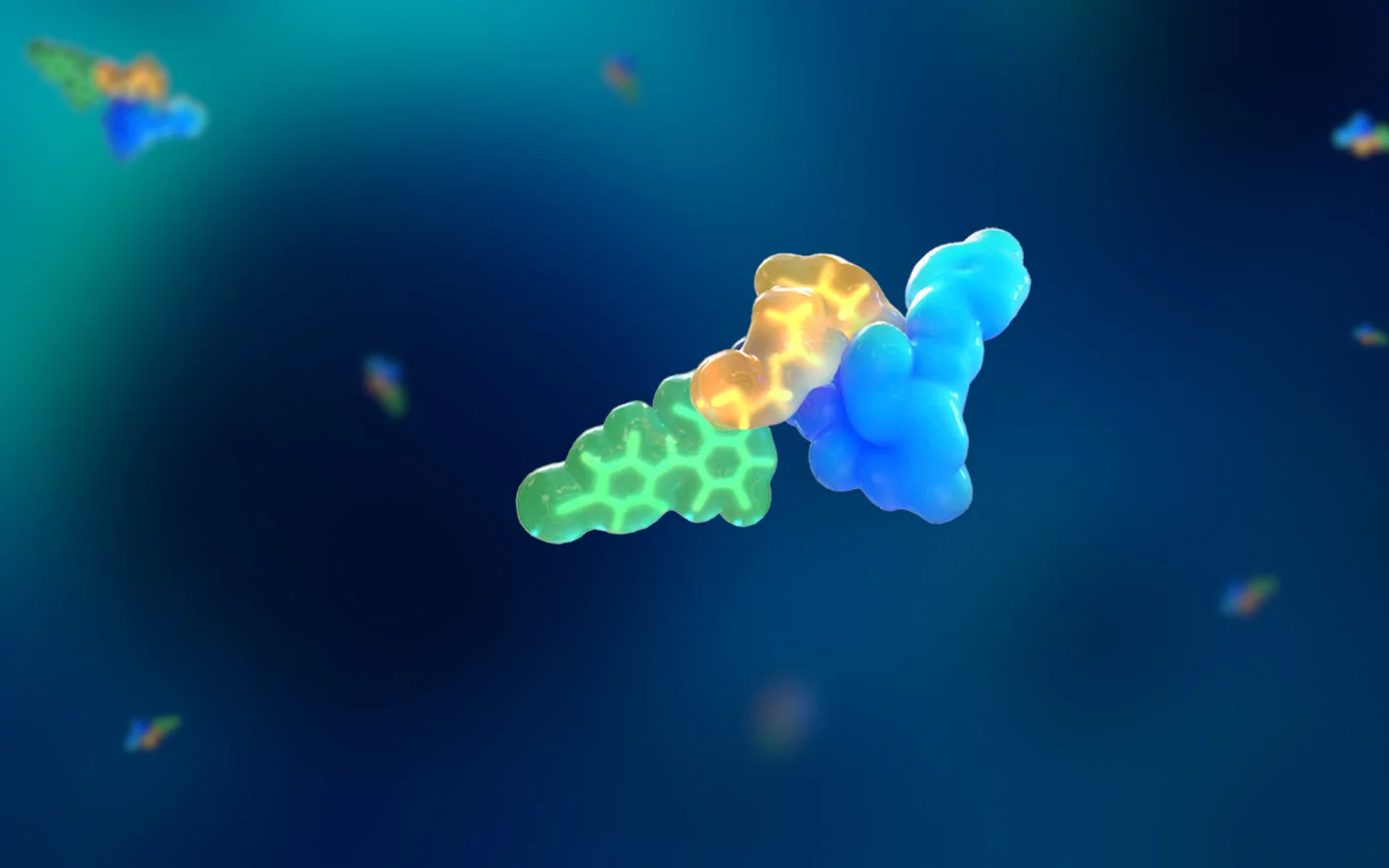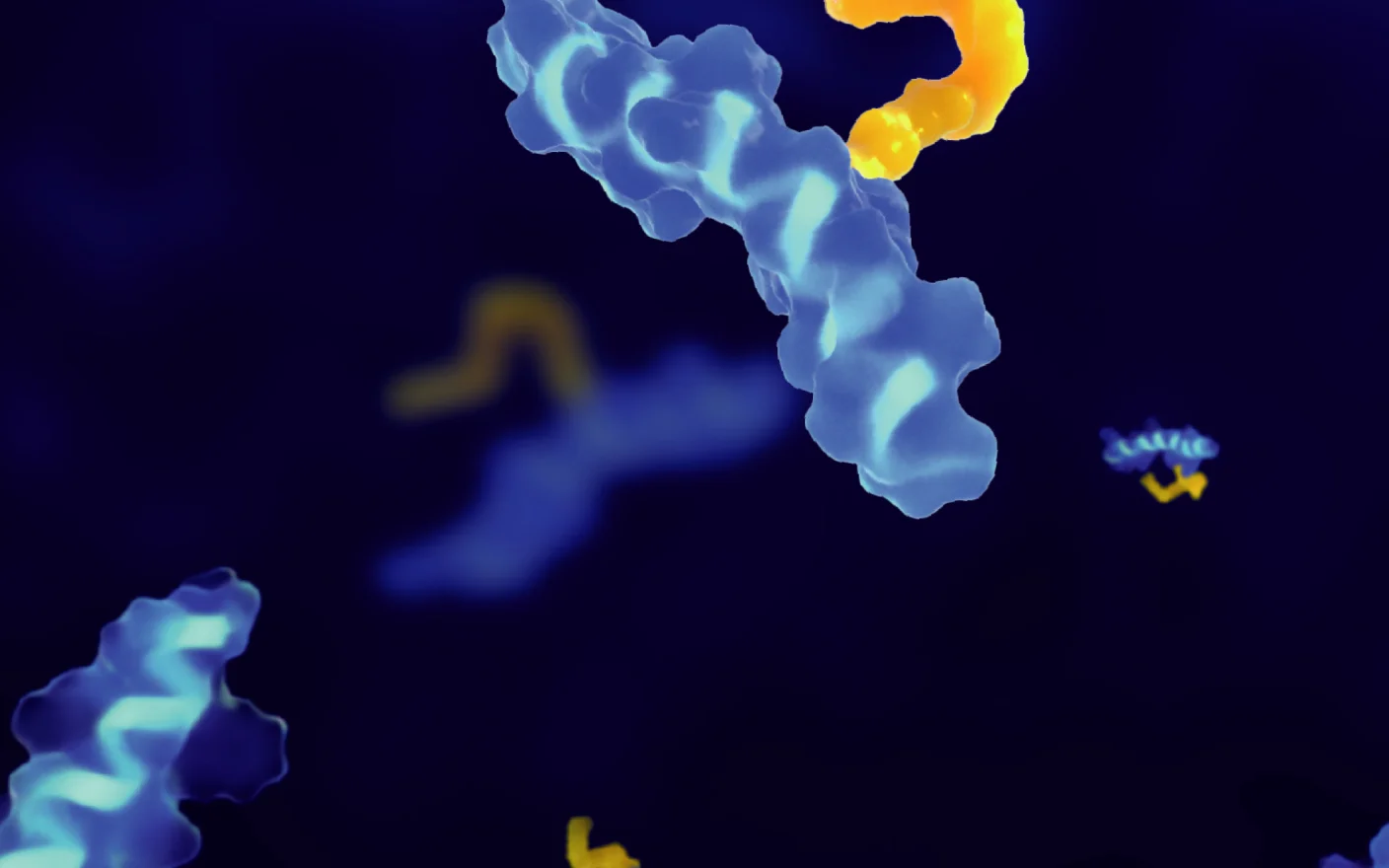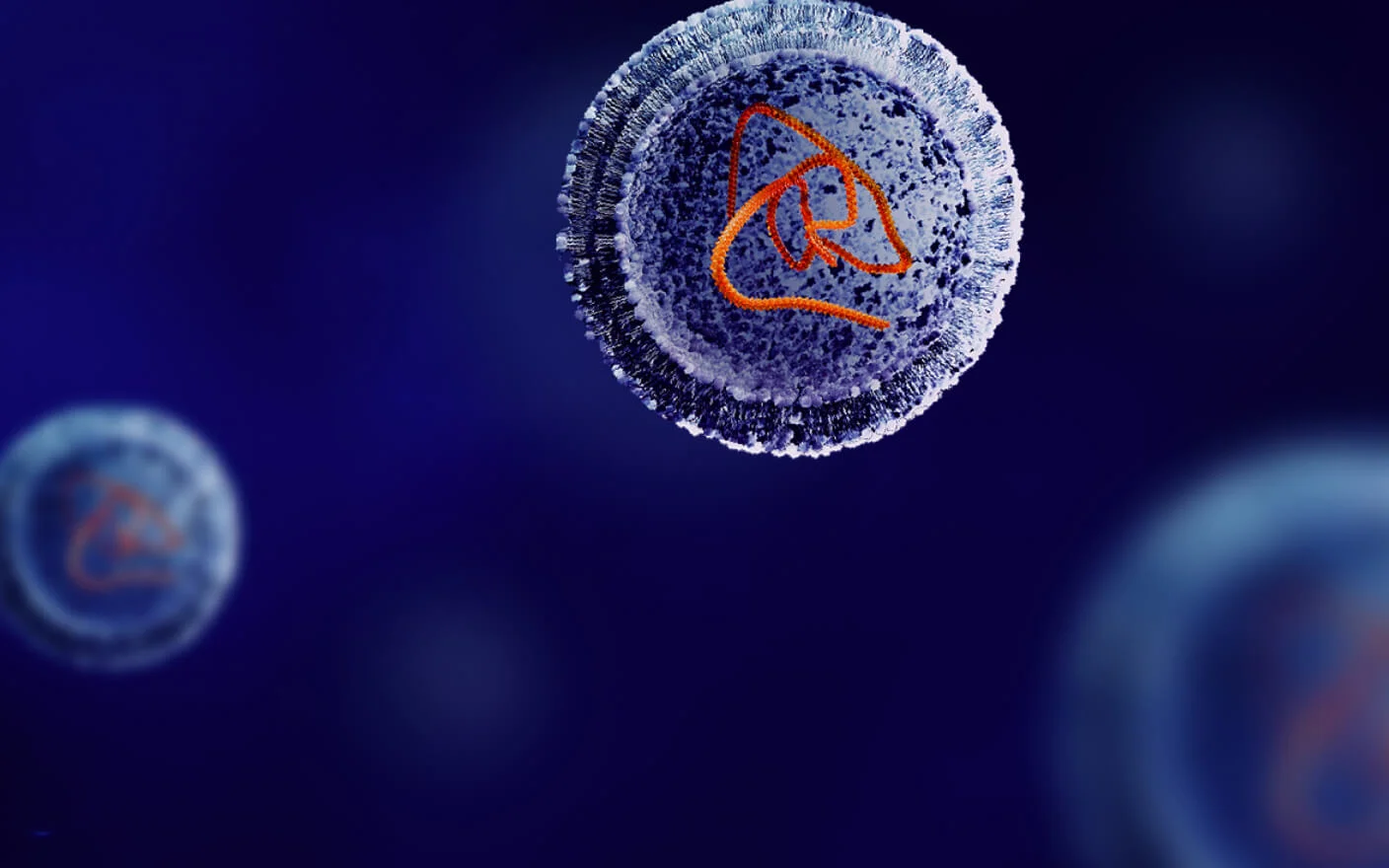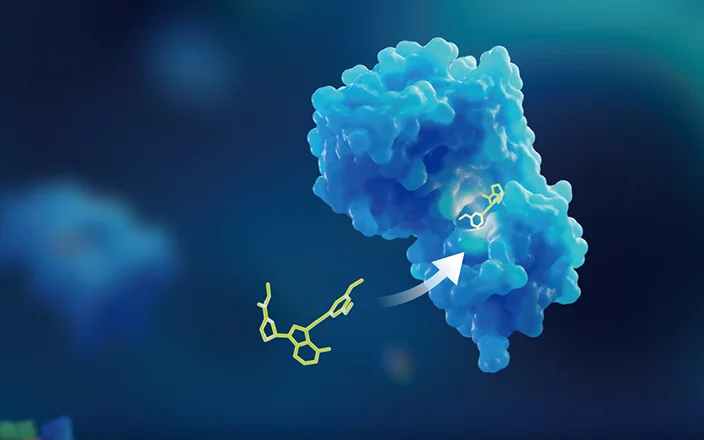Nucleic acid drugs have gained significant attention in recent years as a highly promising area of new drug development. With their unique technical features, they are expected to become the third wave of pharmaceutical innovation, following small molecule and antibody drugs. This blog focuses on a class of nucleic acid drugs (hereafter referred to as oligonucleotides), discussing the advantages and challenges of oligonucleotides.
What is oligonucleotide?
Oligonucleotides, consisting of synthetic single or double-stranded modified ribonucleotides (RNA) or deoxyribonucleotides (DNA) less than 100 nt (nucleotides) in length, act on target genes based on Watson–Crick base pairing and can modulate gene expression via a variety of mechanisms. Since oligonucleotides target selected sequences through Watson–Crick base pairing with DNA or RNA, they can theoretically target any gene of interest by selecting the appropriate nucleotide sequence on the target DNA or RNA that is highly complementary to the target sequence.
What are the advantages of developing oligonucleotide drugs?
Short development time: Oligonucleotide drugs are designed based on the principle of base complementarity, where the majority of nucleic acid drugs rely on the pairing of bases. Therefore, designing drugs based on the target gene’s base sequence is relatively simple. The design of chemical modifications and delivery systems is independent of sequence design.
Lower production cost than biologics: Oligonucleotides are chemically synthesized and can be scaled up to industrial levels, resulting in lower production costs compared to biological molecules.
High success rate of product development: Oligonucleotide drugs have revolutionary advantages in terms of success rates in research and development.
The bioanalytical challenges of oligonucleotide drug development
The regulatory guidelines and filing requirements for oligonucleotide drugs are still relatively vague. It is worth noting that qualitative and quantitative analysis of oligonucleotide drugs and their metabolites is essential for drug development and evaluation, and robust bioanalytical methods are critical for PK and toxicological studies. Currently, reported analytical techniques for oligonucleotide analysis can be broadly categorized into five types, relying on charge, mass, hybridization, imaging, or amplification/extension for quantitative analysis. However, oligonucleotide bioanalysis faces many challenges:
Diverse chemical modification and delivery systems.
Involvement of multiple bioanalytical methods.
Involvement of multiple types of sample analysis.
Immunogenicity.
WuXi AppTec DMPK possesses a professional oligonucleotide bioanalysis team and advanced instruments and equipment. Our bioanalysis platforms include five major bioanalysis platforms: LC-MS/MS and LC–HRMS, fluorescence detection platform, LBA platform, and qPCR platform. These platforms enable us to deliver high-quality in vitro and in vivo data, conduct diverse biological analysis, and accelerate the drug development process.
If you want to learn more details about the challenges and strategies of oligonucleotide drugs, please read the article now.
Committed to accelerating drug discovery and development, we offer a full range of discovery screening, preclinical development, clinical drug metabolism, and pharmacokinetic (DMPK) platforms and services. With research facilities in the United States (New Jersey) and China (Shanghai, Suzhou, Nanjing, and Nantong), 1,000+ scientists, and over fifteen years of experience in Investigational New Drug (IND) application, our DMPK team at WuXi AppTec are serving 1,500+ global clients, and have successfully supported 1,200+ IND applications.
Talk to a WuXi AppTec expert today to get the support you need to achieve your drug development goals.
Related Services and Platforms




-

 DMPK BioanalysisLearn More
DMPK BioanalysisLearn More -

 Novel Drug Modalities DMPK Enabling PlatformsLearn More
Novel Drug Modalities DMPK Enabling PlatformsLearn More -

 Novel Drug Modalities BioanalysisLearn More
Novel Drug Modalities BioanalysisLearn More -

 Small Molecules BioanalysisLearn More
Small Molecules BioanalysisLearn More -

 Bioanalytical Instrument PlatformLearn More
Bioanalytical Instrument PlatformLearn More -

 PROTAC DMPK ServicesLearn More
PROTAC DMPK ServicesLearn More -

 ADC DMPK ServicesLearn More
ADC DMPK ServicesLearn More -

 Oligo DMPK ServicesLearn More
Oligo DMPK ServicesLearn More -

 PDC DMPK ServicesLearn More
PDC DMPK ServicesLearn More -

 Peptide DMPK ServicesLearn More
Peptide DMPK ServicesLearn More -

 mRNA DMPK ServicesLearn More
mRNA DMPK ServicesLearn More -

 Covalent Drugs DMPK ServicesLearn More
Covalent Drugs DMPK ServicesLearn More
Stay Connected
Keep up with the latest news and insights.




